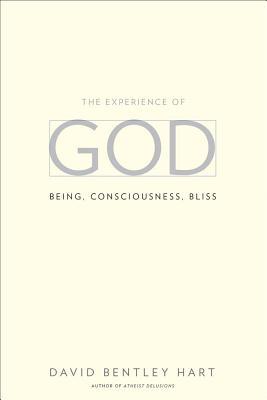Review of Adam Lloyd Johnson, Divine Love Theory: How the Trinity is the Source and Foundation of Morality, Grand Rapids, Kregel, 2023, 256 pages, pbk. This book is something of a hybrid; a mix between a philosophy of religion text, an ethics text, a written debate, and a theology book. It’s author is a professor of Rhineland School of Theology in Germany, and also teaches at Midwestern Baptist Seminary. Divine Love Theory makes an important contribution to Christian ethics in …
Category: Philosophy
Part Six God’s Transcendence versus Continuity It is very important to notice the links between the creation accounts and ethical accounts. In one way or another all non-biblical systems of belief paint a metaphysical picture of reality that is at once unified and diverse. The unity is found in the indissoluble connection between heaven and earth, between man and the “higher powers”, or between the human animal and the Cosmos. The diversity is seen in the various ways this connection …
A follow up to Scientism isn’t Science Naturalism is defined by Stewart Goetz & Charles Taliaferro in this way: Naturalism – very roughly – may be defined as the philosophy that everything that exists is a part of nature and that there is no reality beyond or outside of nature. – Naturalism, 6 Something being “a part of nature” is here meant to exclude the supernatural. Naturalism then is opposed to supernaturalism. It is seeing all things as natural and …
Here’s an older piece which I thought worth bringing out for perusal. It’s fairly long, but I hope some folks will like it: Introduction The Christian must take his or her position upon the words of Scripture. Not after it has been granted that the Bible really is the very Word of God, but it must be the great presupposition, the ultimate commitment of every child of God. We must insist that there is, in fact, no alternative to the …
Part One God is not, in any of the great theistic traditions, merely some rational agent, external to the order of the physical universe, who imposes some kind of design upon an otherwise inert and mindless material order. He is not some discrete being somewhere out there, floating in the great beyond, who fashions nature in accordance with rational laws upon which he is dependent. Notice that Hart has in mind the general consensus among theistic religions about God, not …
A review of David Bentley Hart, The Experience of God: Being, Consciousness, Bliss, Yale University Press, 2013, 376 pages, paperback. Among the most learned and entertaining, if not sometimes infuriating writers on the theological scene today is David Bentley Hart. He is the author of such notable books as The Doors of the Sea, The Beauty of the Infinite, and Atheist Delusions. Alongside this is his impressive portfolio of articles (in particular for First Things). His ‘Christ or Nothing’, ‘Laughter …
Part One The Fusion of Confusion Evolutionists, except the rather small coterie of Theistic ones, believe every complex and meticulously ordered thing got here through mechanisms which we neither see now nor can see in the evidence left in the past. Even our cognitive faculties and the immaterial laws of logic and number “evolved.” The Big Bang is the most popular notion of the origin of the universe at the present time, although there is a significant lobby of dissidents. …
Part One A Case Study: Harold Netland and the Demand for Neutrality As we further consider whether reason should be categorized separately to faith as properly functioning independent of it, I cite the example of an article by Harold Netland entitled, “Apologetics, Worldviews, and the Problem of Neutral Criteria.”[1] In Netland’s 1991 article we see an able but, I believe, misguided critique of presuppositionalist John M. Frame’s epistemology as set forth in his book The Doctrine of the Knowledge of …
This and the following piece are old posts to which I am giving more daylight. I hope to append a Part Three! It appears to me that one of the first things a faithful theologian needs to do is to straighten out the confusion brought about by the world’s separation of faith and reason. This relationship is so vital to a biblically fastened worldview that to neglect it will involve the believer in a host of conflicting beliefs and …
PART FIVE I want to close off this series of apologetics posts by considering some more quasi-intellectualism from the critic of presuppositional apologetics whom my debater FF relied upon for most of his reasoning. I have named him “Flaw” since he claims to have found the “fundamental flaw” within presuppositional apologetics. In his eight minute video rebuttal of the transcendental argument for God (TAG), he sounded clever, but sounded was the operative word. Consider that in setting presuppositionalists straight Flaw’s …

